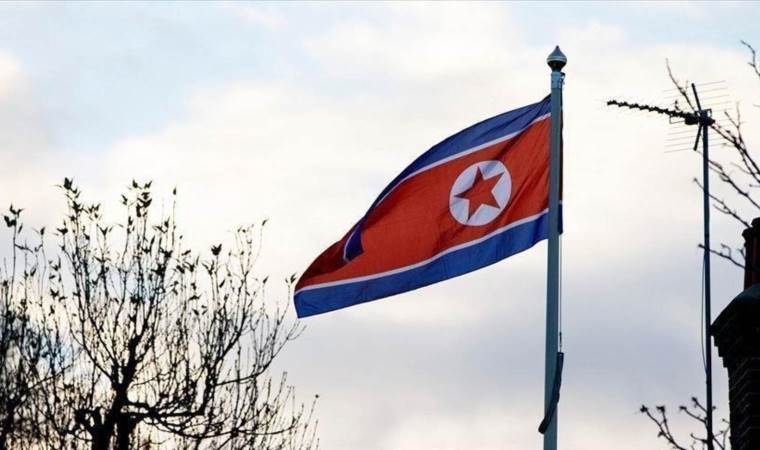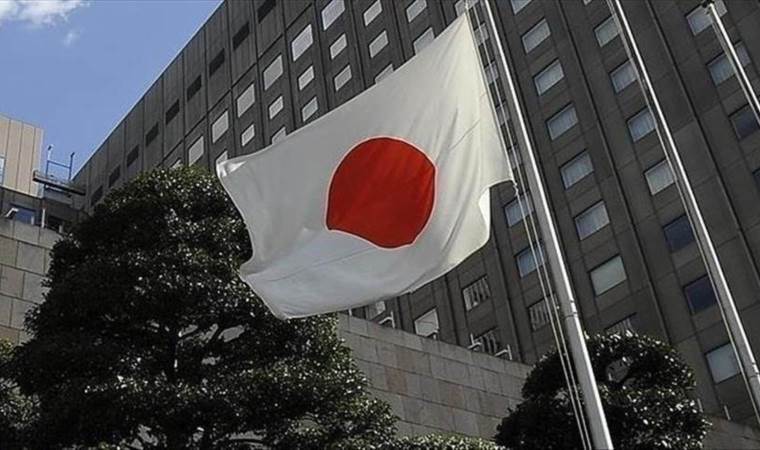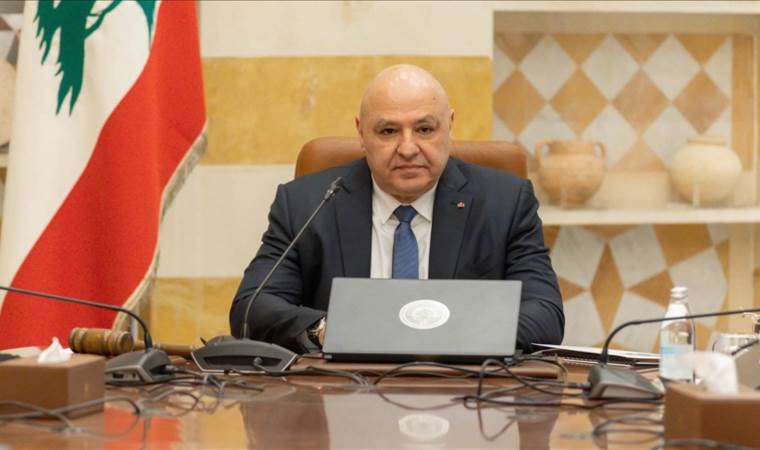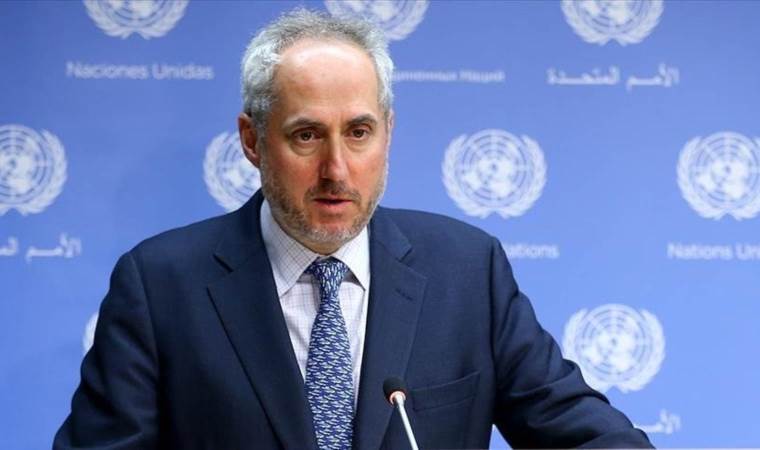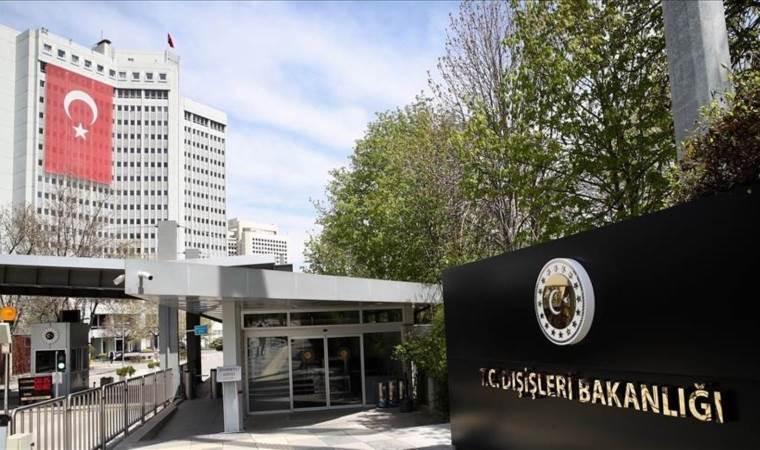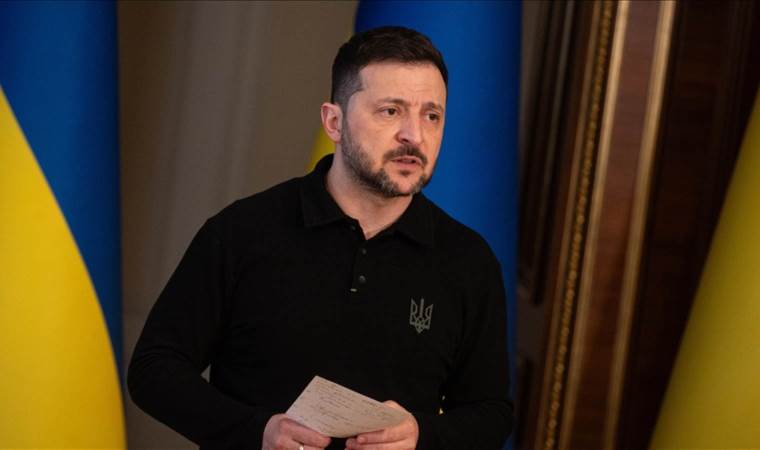Russian hackers lured embassy workers in Ukraine with an ad for a cheap BMW
Hackers suspected of working for Russia's foreign intelligence agency targeted diplomats at embassies in Ukraine with a fake advert to break into their computers.

Hackers suspected of working for Russia's foreign intelligence agency targeted dozens of diplomats at embassies in Ukraine with a fake used car advert in a bid to break into their computers, according to a cybersecurity firm report seen by Reuters.
The wide-reaching espionage activity targeted diplomats working in at least 22 of the roughly 80 foreign missions in Ukraine's capital, Kyiv, analysts at the Palo Alto Networks' Unit 42 research division said in the report, due to be published later on Wednesday.
"The campaign began with an innocuous and legitimate event," said the report. "In mid-April 2023, a diplomat within the Polish Ministry of Foreign Affairs emailed a legitimate flyer to various embassies advertising the sale of a used BMW 5-series sedan located in Kyiv".
The Polish diplomat, who declined to be identified citing security concerns, confirmed the role of his advertisement in the digital intrusion.
The hackers, known as APT29 or "Cozy Bear", intercepted and copied that flyer, embedded it with malicious software, then sent it to dozens of other foreign diplomats working in Kyiv, Unit 42 said.
"This is staggering in scope for what generally are narrowly scoped and clandestine advanced persistent threat (APT) operations," said the report, using an acronym often used to describe state-backed cyberespionage groups.
In 2021, U.S. and British intelligence agencies identified APT29 as an arm of Russia's foreign Intelligence Service, the SVR. The SVR did not respond to a request from Reuters for comment about the hacking campaign.
In April, Polish counterintelligence and cybersecurity authorities warned that the same group had conducted a "widespread intelligence campaign" against NATO member states, the European Union, and Africa.
Researchers at Unit 42 were able to tie the fake car advert back to the SVR because the hackers re-used certain tools and techniques which have previously been connected to the spy agency.
"Diplomatic missions will always be a high-value espionage target," the Unit 42 report said. "Sixteen months into the Russian invasion of Ukraine, intelligence surrounding Ukraine and allied diplomatic efforts are almost certainly a high priority for the Russian government".
USED BMW
The Polish diplomat said he had sent the original advert to various embassies in Kyiv, and that someone had called him back because the price looked "attractive".
"When I checked, I realised they were talking about a slightly lower price," the diplomat told Reuters.
SVR hackers, it turns out, had listed the diplomat's BMW for a lower price - 7,500 euros - in their fake version of the advert, in an attempt to encourage more people to download malicious software that would give them remote access to their devices.
That software, Unit 42 said, was disguised as an album of photographs of the used BMW. Attempts to open those photographs would have infected the target's machine, the report said.
Twenty-one of the 22 embassies targeted by the hackers and subsequently contacted by Reuters did not provide comment. It was not clear which embassies, if any, had been compromised.
A U.S. State Department spokesperson said they were "aware of the activity and based on the Directorate of Cyber and Technology Security's analysis found it did not affect Department systems or accounts."
As for the car, it was still available, the Polish diplomat told Reuters:
"I'll try to sell it in Poland, probably," he said. "After this situation, I don't want to have any more problems".
Most Read News
-
 Chinese satellite company rejects US accusation of suppo
Chinese satellite company rejects US accusation of suppo
-
 North Korea slams Trump's decision to ease weapons expor
North Korea slams Trump's decision to ease weapons expor
-
 Japan to discuss car safety standards in Trump tariff ta
Japan to discuss car safety standards in Trump tariff ta
-
 Lebanon waits for ‘right conditions’ to bring all weapon
Lebanon waits for ‘right conditions’ to bring all weapon
-
 3 killed in US attack on Sanaa: Houthi group
3 killed in US attack on Sanaa: Houthi group
-
 US, Iran 'made very good progress' in talks: US official
US, Iran 'made very good progress' in talks: US official
-
 UN notes Russia's ceasefire in Ukraine, says spokesman
UN notes Russia's ceasefire in Ukraine, says spokesman
-
 Türkiye closely monitoring case of Turkish student detai
Türkiye closely monitoring case of Turkish student detai
-
 Nationwide rallies in US oppose Trump administration pol
Nationwide rallies in US oppose Trump administration pol
-
 Both Russia, Ukraine allege Easter ceasefire violations
Both Russia, Ukraine allege Easter ceasefire violations

